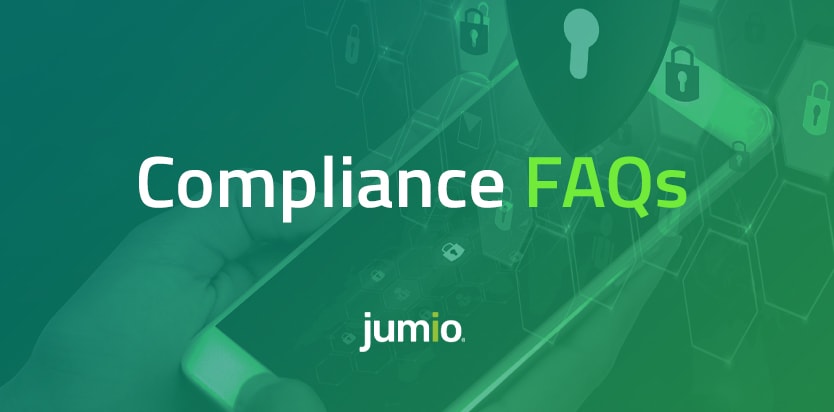
Anti-money laundering (AML) case management is the critical step where analysts at financial institutions review suspicious activity. The detection rules in an AML system flag all the transactions that meet specific criteria. Then, analysts review those transactions to determine whether they might be criminal activity.
The analyst must build a case by looking at the parties, accounts, and transactions involved as well as any outside parties or transactions that might be relevant. Finally, they file a suspicious activity report with the government.
Case management is an important part of preventing money laundering and terrorist financing. It makes the financial system safer for everyone.
What is AML case management software?
Case management can be time-consuming and tedious work. But advanced AML compliance software solutions make this process much simpler and more efficient.
It starts with a powerful detection engine that can spot patterns through comprehensive rules. The detection engine should also automatically improve over time using machine learning. As a result, the AML transaction monitoring system produces more genuine suspicious activity and fewer false positives.
Next, it builds a case for you based on the activity. Each case makes it easy to see all the relevant parties, accounts, and transactions at a glance and to drill down into each one. For example, it can help you spot similar transactions between other parties.
Once you have determined that the activity might be illegal, case management software helps you create the suspicious activity report (SAR). It fills in the fields for you automatically. And if it’s truly advanced, it generates a first draft of the SAR narrative for you. Lastly, it files the SAR directly with the Financial Crimes Enforcement Network (FinCEN).
What happens if I don’t have a good case management solution?
A compliance team can only perform as well as its case management solution. If you don’t have the right software, you will have to hire many more people, and you could easily end up missing illegal activity.
For example, US Bank had compliance software that generated too many alerts for their compliance team to handle. But they didn’t move to a solution that would generate fewer false positives. Instead, they capped the number of alerts that the system generated so that their team could handle the workload.
As a result, the United States government determined that they missed a lot of suspicious activity. US Bank and its Chief Operational Risk Officer had to pay huge fines, and their reputations were damaged.
How do I choose a case management solution?
This article will help you evaluate solutions: 10 Steps to Choosing the Right Compliance Solution.
